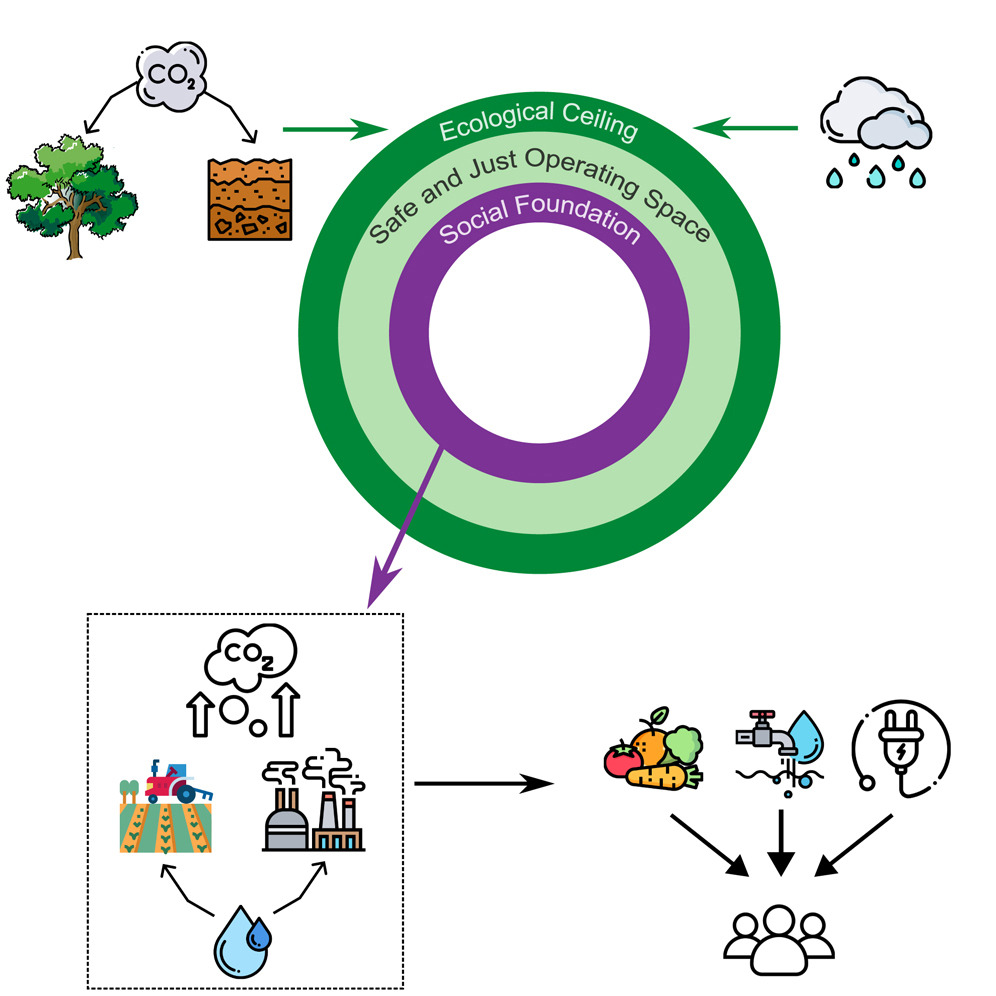Elsevier,
The Lancet Public Health, Volume 8, April 2023
This Article supports SDG 3 by analysing several cohorts of people with HIV/HCV co-infection across 6 high-income countries, and identifying that a substantial proportion had not commenced direct-acting antiviral treatment for HCV infection despite unrestricted access. Factors associated with commencement or lack thereof are explored; for example, people with indicators of low engagement with HIV care (eg, not on antiretroviral therapy) were more likely not to have commenced HCV direct-acting antiviral treatment)
Elsevier,
eClinicalMedicine, Volume 58, April 2023
This Article supports SDG 3 by providing the first comprehensive review of the global burden of hepatis B and C in people with tuberculosis, through a systematic review and meta-analysis including 127 studies. The review found a high prevalence of these infections in this patient population, showing the need for routine hepatitis testing at the point of diagnosis of tuberculosis.
Elsevier, Heliyon, Volume 9, April 2023
This study was designed to explore the relationship between Alzheimer's disease (AD) rates and socioeconomic conditions in 120 countries. We used mixed effect models to investigate the relationship between the rates of AD and socioeconomic data. This study is among the first studies to put forward statistical evidence of a significant association between AD and other dementias among the elderly and socioeconomic inequality. These findings could help to inform the policies to be designed to improve the quality of interventions for AD.
Elsevier, The Lancet Global Health, Volume 11, April 2023
Drinking water and sanitation services in high-income countries typically bring widespread health and other benefits to their populations. Yet gaps in this essential public health infrastructure persist, driven by structural inequalities, racism, poverty, housing instability, migration, climate change, insufficient continued investment, and poor planning.
Elsevier,
Mechanisms of Ageing and Development, Volume 211, April 2023
This paper applies stochastic process models (SPM) to study Alzheimer's disease (AD) using data on AD onset and longitudinal body mass index (BMI) trajectories, revealing that APOE e4 carriers are less resilient to deviations in BMI, with age-related declines in adaptive response and differences in allostatic load accumulation, thereby providing new insights into the connections between age, genetic factors, and risk factors in AD development and aging.
Elsevier,
Frontiers in Neuroendocrinology, Volume 69, April 2023
This review discusses the link between isolation, loneliness, and Alzheimer's Disease, and underscores the necessity of understanding and addressing these risk factors to develop successful prevention and treatment approaches.
Elsevier,
Mechanisms of Ageing and Development, Volume 211, April 2023
Growing evidence suggests that the gut microbiome plays a crucial role in Alzheimer's disease (AD) pathogenesis through the microbiota-gut-brain axis, with alterations in gut microbiome composition linked to increased intestinal permeability, blood-brain barrier impairment, and neuroinflammation, and that gut microbiome modulation may alleviate AD symptoms, serve as a preventive measure, and also address comorbidities like Type 2 Diabetes Mellitus (T2DM), with future research directions including fecal microbiota transplantation (FMT) and precision medicine.

